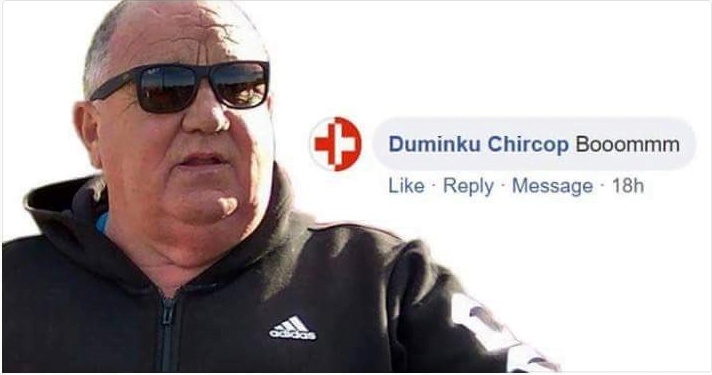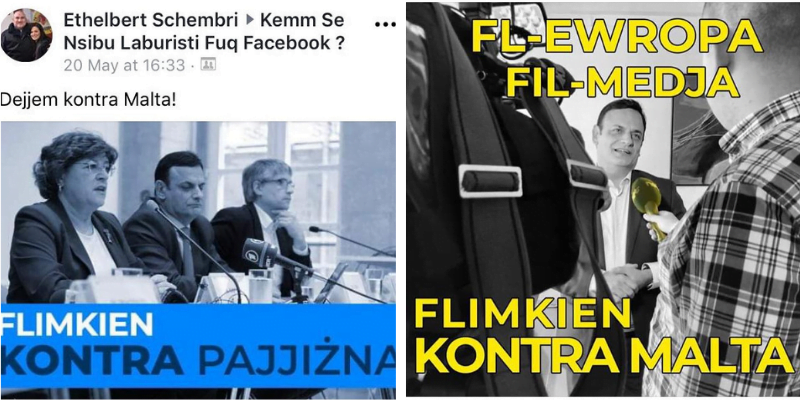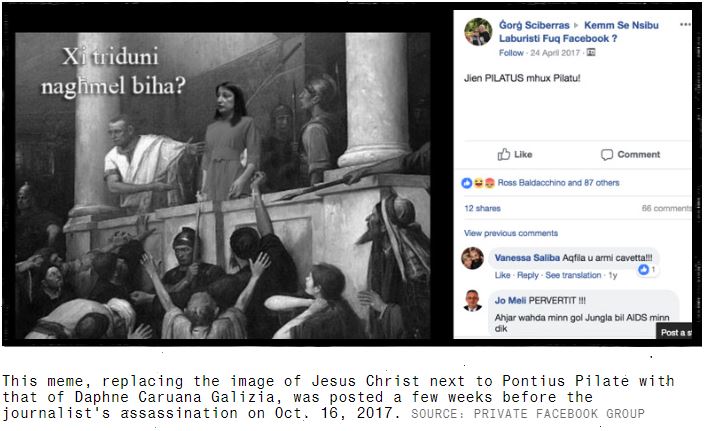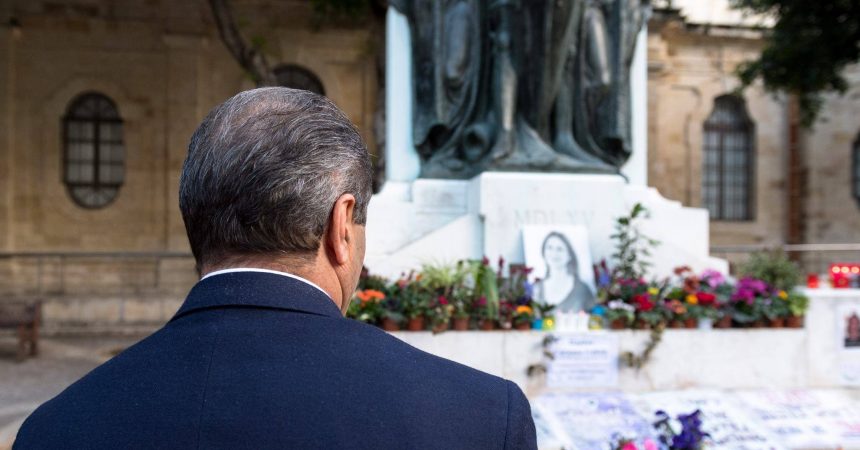Malta has a problem with “xenophobic, homophobic and political hate” that is perpetuated by an “online hate mob” at an “unprecedented speed”, according to a new report from Solidarity Overseas Malta (SOS Malta).
Malta has the highest rate of online hate speech in the EU, according to the report backed by figures from Eurobarometer 2017. This is described as “worrying” and needing “immediate attention”, noting a culture of impunity that permits a “wide tolerance of hate speech”.
The report, compiled as part of the project called #STOPHATE, was launched at a conference in Valletta on Friday, including The Shift News founder Caroline Muscat, Times of Malta online editor Herman Grech and Integra Foundation Head Maria Pisani.
It aims to “set the tone for the discussion and debate that is needed” to combat hate speech and hate crimes in Malta.
It combines statistics, accounts and information on the current situation, and it provides recommendations on how best to move forward.
The cause of the unprecedented levels of xenophobia in the country are attributed to the perceived threat that people of a different background could have on the “local culture”.
The NGO defines hate speech as “the expression of hatred towards an individual or group of individuals on the basis of protected characteristics”.
The Constitution explicitly lists race, place of origin, political opinions, colour, creed, sex, sexual orientation and gender identity as “fundamental rights that need to be protected.”
Xenophobia and homophobia are explicitly covered by two articles in the law but the parameters of hate speech as a legal concept are lacking, the report notes. It recommends that these definitions, as well as the Constitution, should at least lay the groundwork for addressing the violation of these rights, including hate crimes and hate speech.
The report goes on to explain that the majority of those who experience or witness hate crime never report it. The lack of prosecutions is “indicative of the lack of understanding and awareness” on the part of the public, law enforcement and politicians.
The police, as well as the public, lack the certainty of knowing when such matters require legal intervention.
The lack of punishment in Malta results in “immeasurable damage to civil society, our communities and most importantly the mental health of those under the focus on the internet trolls,” the report states.

The President of the Naxxar Labour Party Committee, Duminku Chircop, wrote “booomm” under Facebook posts commemorating assassinated journalist Daphne Caruana Galizia.
The report adds that the need for action against hate speech is growing and the “despicable acts” carried out online and through the written word have reached unprecedented levels, causing “real impact in people’s lives”.
Politics
Hate speech has become has become an unfortunate reality, with politicians using such tactics to “dismiss, ridicule or persecute people”.
A certain level of control is also exerted by these individuals who seek to manipulate the media through the use of a specific rhetoric. This is then used to push prejudice and bigoted views through media platforms.
“Having the media of a nation manipulated by individuals to suit their needs and desires can end up with a focus on religion, culture, race or even simply patriotism, that are used as a means of control,” the report notes.
Examples of politicians stirring up hate speech include Imperium Europa’s Norman Lowell, and of course the network of secret Labour Party Facebook hate groups totalling some 60,000 members that included the Prime Minister, former President, and MP while being admnistered by government employees. These groups, exposed by a The Shift News investigation, are used to stir up hatred and incite attacks against journalists and activists critical of government corruption.
But politicians can also be on the receiving end of hate speech. One of the largest labour online groups was reactivated in the lead up to the European Parliament elections and used to target PN MEPs David Casa and Roberta Metsola. It was in line with the Prime Minister’s call for these two candidates, particularly Casa, not to be elected.

A target: PN MEP David Casa formed part of the MEP rule of law delegation to Malta (centre) with other members Socialist MEP Ana Gomes and Greens MEP Sven Geigold.
PD MEP candidate Camilla Appelgren also received death threats after being the target of online abuse following the publication in the media of an article that labelled her “pro choice”.
The media
The report also highlighted the responsibility of journalists when reporting instances of hate crime or hate speech. Using the example of Lowell, the report points out that media coverage of his statements and the charges filed against him served to give his words more prominence. This exposure resulted in his supporters rallying around him and repeating his sentiments.
“It must be kept in mind by journalists that simply reporting anything that is outrageous as breaking news gives it a level of importance and political weight that might influence consumers of the media”.
But journalists are also on the receiving end. The report observes that 75% have read, seen or experienced cases where hate speech and threats are direct against journalists, bloggers and those who are active on social media. The result of this is around 50% hesitate before engaging in online debates.

Daphne Caruana Galizia was the recipient of shocking amounts of hate speech for the 30 years leading up to her murder. Politicians, members of the public and fake profiles all targeted her in a variety of different ways including threats, disinformation and attempts to discredit her. Her assassination was celebrated in Labour’s online groups.
A clear message in the SOS Malta report is that hate speech is not just being used to attack individuals. It is also being used to target the very principles of democracy, as well as the “fundamental rights of equality and non discrimination”.












